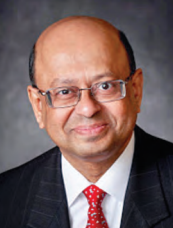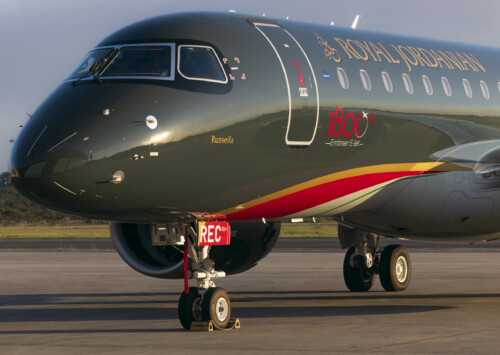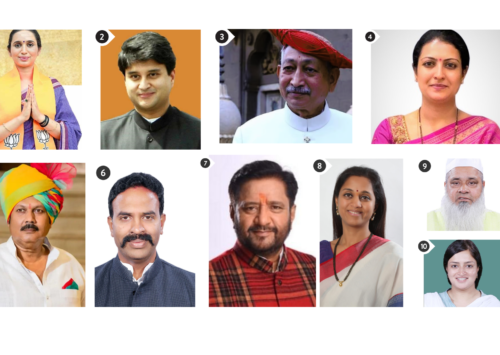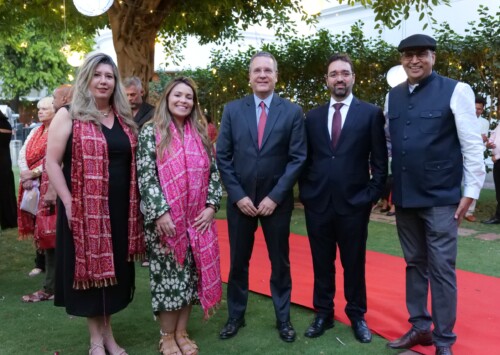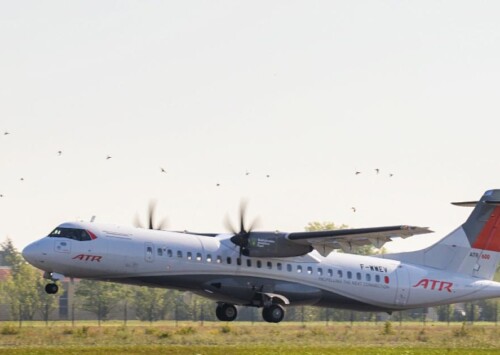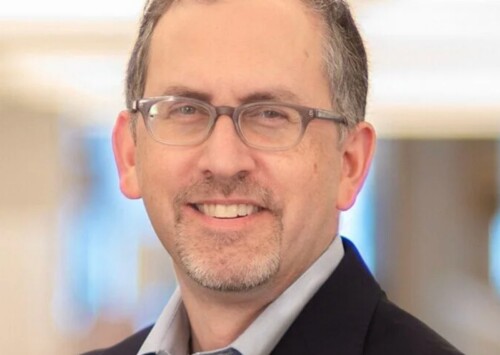Dr Dinesh A Keskar
AIBM
April - June 2018
For more than 75 years, with the 757 Freighter, 777, 737, the gamechanger 787 Dreamliner and more, Boeing has been the mainstay of India’s commercial aviation sector. Dr Dinesh A Keskar, Senior Vice President, Sales, Boeing India, gives an insight into the growth of Boeing in India.
How important is the Indian market for Boeing? How have you seen it growing and what are the latest developments?
Boeing has been in India for over 75 years now. We started jet aviation in India with Air India. Since then, India has gone through major transformations and aviation in the country is the fastest growing in world. Growth rate is more than 20 pc per year.
Obviously, airports have also seen that growth and that’s why development of new airports is being talked about, for instance, in Navi Mumbai. Existing airports have also been significantly upgraded over the years – Delhi, Mumbai, Hyderabad, Bengaluru, etc.
It is great to see that new airports are coming up, because today roughly 120 million passengers are flying through domestic Indian airports and to cater to the increasing traffic, enhanced infrastructure is required.
For the next 20 years, India will require 2,100 airplanes and thus airports and infrastructure needs to be upgraded to integrate these increasing number of airplanes in the system.
It is a bullish market. We are absolutely pleased with our presence with Air India, Jet Airways, SpiceJet and Air India Express. At the same time, we are the dominant suppliers in the Indian market. That is why India is very important to Boeing and its future.
What is Boeing’s strategy for India?
Single aisle airplanes 737s, wide bodied – 757, 777-300ERs, and 787s are some of the products we supply.
Today, 737 MAX is the backbone of aviation in India. The MAX is basically an enhancement of engines and systems in the airplane. It flies the same number of passengers as other 737s, but with 14 percent less fuel burn. For example, when you are flying from Delhi to Hyderabad, you will get the same revenue but will spend 14 percent less on fuel. Maintenance cost is also lower and thus profitability is increased. That is the number one reason why people are buying the MAX around the world.
Previous planes could fly up to six hours, and this one can go up to seven hours. So new routes can be opened up which was not possible with the previous version of the 737s.
Is Boeing participating in addressing the need for skill development in the Indian aerospace sector?
The airplanes we build are compatible with airports everywhere in the world. In India, there isn’t a need for more technology; what it needs is engineers and pilots that need to be trained. We thus work with the air traffic control, and Directorate General of Civil Aviation (DGCA) in skilling Indian personnel, which is one of our initiatives. We teach them to fly new planes like the 787 Dreamliner. Besides, we also train engineers, ground handling staff, etc.
What are Boeing’s industry partnerships in India? As a long-term strategic partner, is Boeing accelerating the development of the Make in India initiative?
We have been participating in Make in India for a long time now. When we sold 747s to Air India in 1991, we had to start doing things in India, which were not called Make in India at that time but these were offset programmes. When we sold 60 aircrafts to Air India worth USD 14 billion in 2005, we had to do USD 1.7 billion worth of offset programmes. In the process, we have been working with marquee companies like Tata, Infosys, Wipro, HAL, Infotech. By doing so, India is getting the skills to work on the airplanes and at the same time they are learning how technology transfer happens, and making products for international labels like Boeing.

